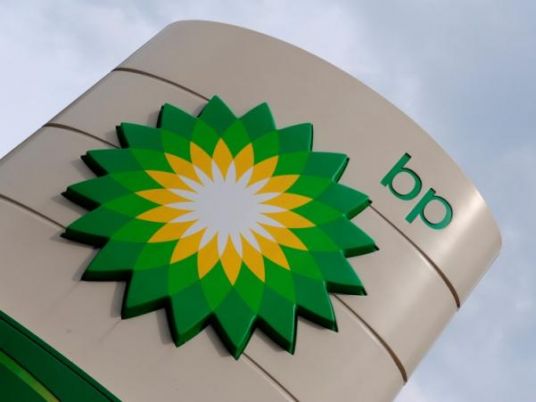London–British Petroleum is expected to announce changes at the top in the next 24 hours, with the anticipated departure of CEO Tony Hayward, who came under fire for his handling of the worst oil spill in U.S. history.
Hayward would be replaced by Bob Dudley, an American executive who is managing the response operation to the spill in the Gulf of Mexico, sources close to the British oil major say.
Shares in BP, which has lost 40 percent of its market capitalization since the blast that caused the spill, rose 2.5 percent to 408/378 pence by 3:07 a.m. ET.
BP dropped its previous language insisting that Hayward remained chief executive officer with the full support of the company’s board and management.
“BP notes the press speculation over the weekend regarding potential changes to management and the charge for the costs of the Gulf of Mexico oil spill. BP confirms that no final decision has been made on these matters,” it said in a statement.
The sources said BP’s board, meeting in London on Monday evening, would discuss a plan for the exit of Hayward, a geologist whose ill-chosen comments exposed BP to criticism.
The boardroom drama unfolded as the company was due to report an eye-popping second-quarter loss on Tuesday given the financial impact of the environmental catastrophe that at one stage lopped $100 billion from BP’s market value.
Hayward, 53, drew wide criticism in the United States for complaining he wanted his “life back” weeks after the April 20 explosion at the Deepwater Horizon offshore rig killed 11 workers and led to the worst oil spill in U.S. history.
Angry American lawmakers also lambasted him at a congressional hearing where he was accused of ducking responsibility for the spill.
Dudley, who was raised in Mississippi, would be the first non-Briton to become CEO of BP. He was previously head of BP’s Russian joint venture, TNK-BP, until he was forced to flee the country amid a spat between BP and its oligarch partners,
Analysts at Barclays bank said BP could report a loss for the second quarter of $13 billion as it makes provisions of up to $25 billion for the cost of the spill. Those figures would far outweigh an expected 77 percent jump in underlying profit.
PLUGGING THE LEAK
BP’s efforts to contain the gushing oil have been watched closely by investors because its ultimate costs may hinge on how much oil is determined to have flowed into the Gulf.
With the well sealed since July 15 by a temporary cap, the board’s concern has shifted to market preoccupation over Hayward’s future, which is making it hard for the company to move forward, the sources said.
The imminent decision on Hayward’s departure comes despite BP stating, as recently as Friday, that the board was not even discussing the matter. BP’s reputation has in part been damaged by accusations it has been less than frank in its statements.
Under BP’s terms of employment, Hayward would be entitled to one year’s salary, or 1.045 million pounds, and he could be in line for additional payouts under the company’s incentive scheme which awards shares options.
Hayward would also keep his pension entitlements, which were worth 10.8 million pounds at the end of last year.
Clearing weather in the spill zone allowed work to resume on drilling a relief well to plug the leak that has spewed millions of gallons of oil into the Gulf for three months.
A Transocean Ltd rig was reconnecting equipment, a BP spokeswoman said. Vessels that had left the area on Friday to avoid Tropical Storm Bonnie were also returning.
As remnants of the storm dissipated on Saturday, the head of the U.S. spill response, Thad Allen, said a “static kill” operation to plug the well with heavy drilling mud and possibly cement could start in three to five days.
Allen said the storm could push back BP’s mid-August target date for completing the relief well, seen as the only permanent fix to the leak, by seven to nine days.




